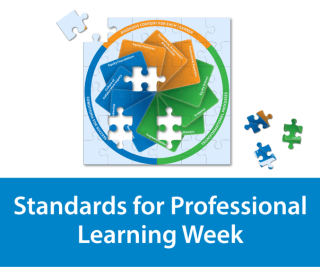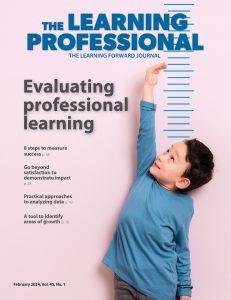Second report in MetLife survey released
DALLAS–March 11, 2010–-Yesterday the MetLife Foundation released the second of three reports from this year’s MetLife Survey of the American Teacher. This report, Part 2: Student Achievement, includes the views of teachers, principals, and students on student goals and aspirations, the influence of teacher expectations, and factors educators believe would improve academic success.
The findings reveal 86% of teachers and 89% of principals believe that setting high expectations for all students would improve student achievement. Findings also showed that in addition to the role of high expectations, teachers and principals believe other factors would have a significant impact on improving student achievement: providing all students with core reading, writing, and math skills (90% of teachers, 92% of principals) and connecting the classroom to the real world (80% of teachers and 80% of principals), among others.
While 84% of teachers believe they have the knowledge and skills needed to enable all of their students to succeed academically, only 36% of teachers and 51% of principals believe that all of their students have the ability to succeed academically.
“I see a clear role for professional learning in this discussion,” said Stephanie Hirsh, executive director of the National Staff Development Council. “In this survey, while teachers generally report having high expectations, they express concerns about their own students. And while there are many things outside the school that can be leveraged to help students achieve higher standards, we need to support the teacher, who is ultimately key to students’ success.” NSDC’s Equity standard states: staff development that improves the learning of all students prepares educators to understand and appreciate all students, create safe, orderly, and supportive learning environments, and hold high expectations for their academic achievement.
Hirsh continued, “NSDC advocates for collaborative professional learning. Opportunities for educators to learn from and support each other are essential to ensuring that all teachers have the knowledge and skills to address the challenges revealed by this report.” Teachers and principals noted many factors that they believe would make a difference – addressing the needs of English Language learners, keeping pace with technology, preparing students for competition and collaboration in a global economy. “These factors that respondents identify are going to be, in many cases, professional learning needs that surface when teachers examine their student data as they determine how to best improve instruction,” said Hirsh.
“This report also shines a spotlight on teachers and students in high-poverty systems, where fewer teachers hold high expectations for their students. Effective professional learning can help teachers address these areas and support them in their efforts to serve our most vulnerable populations,” concluded Hirsh.







